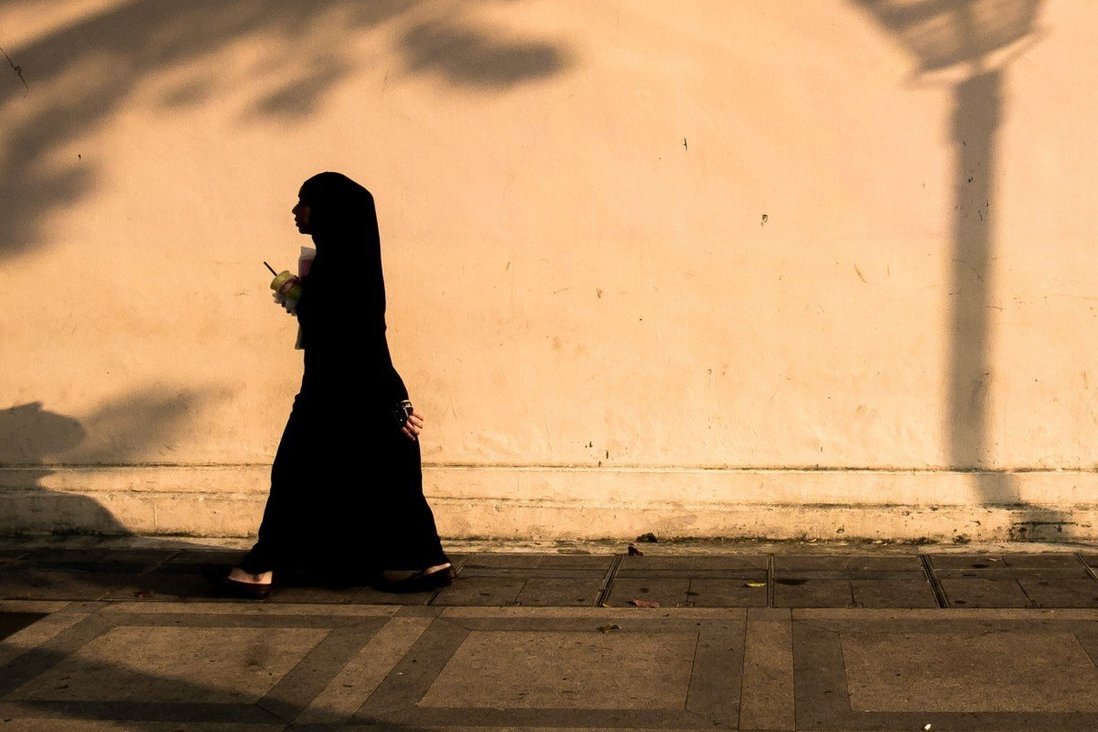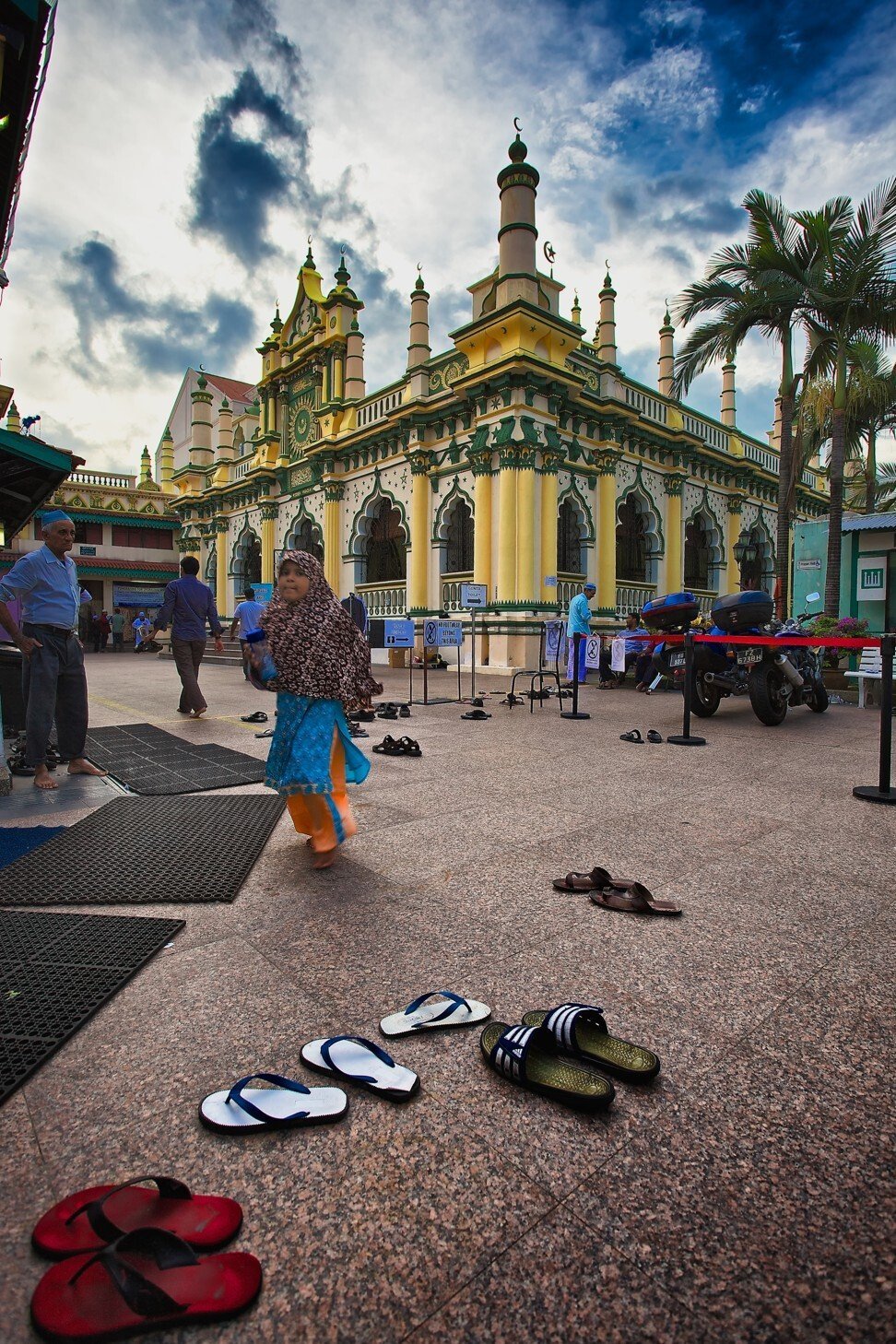
Why female genital mutilation persists in Singapore

Female genital mutilation continues in Singapore. It is regarded as a necessary religious rite by some and a violation of human rights by others.
Rizman used to regard female genital mutilation as something that simply “had to be done”. His sister was cut when she was a child, and even though he didn’t see it he remembers his parents talking about it and taking her to a clinic for the procedure.
When his daughter was born, his parents and in-laws asked him and his wife when they would send her for sunat – a general Malay term for female genital mutilation, sometimes called female circumcision.
“We figured that it’s something that’s required as part of the religion, and when she was two or three months old, we got it done,” explains Rizman, a 34-year-old media professional who prefers not to use his real name.
Many Singaporean Muslims believe the procedure is a religious necessity. In Islam, it is mandatory for males to be circumcised and there is still a widespread belief in the city state’s Muslim community that girls have to be cut.

Rizman’s daughter was cut in a clinic in 2014 by a doctor who was a Muslim woman. The little girl was laid on the bed, and the doctor said it would be done very quickly and “only a little was to be removed”.
He says everything was done hygienically and seemed professional. The doctor said prayers before the procedure, which put Rizman’s mind at rest over the religious aspect.
Over time, he became curious and wanted to know more about sunat and why it is performed. He is not a particularly religious person, he says, but he knows Islam “is a religion that has a very valid reason for all things regarded as dos and don’ts”.
But as he researched more deeply he became increasingly uneasy, because there were no definite answers. Some said the mutilation was a must, while some said it was not strictly necessary and a cultural practice rather than a religious one.
He came to believe mutilation was not a strict requirement and he had put his daughter through a procedure that was unnecessary and perhaps “cruel”, he says.

“I read somewhere there were claims that the part that was removed was cut off to desensitise the clitoris,” he says. “This is so that the child does not grow up to be promiscuous and highly sexually driven.”
That was disturbing for him, he says, because his daughter’s sexual fate was sealed and she was judged to be potentially promiscuous when she was just a baby.
To many Western health organisations, any procedure that involves the laceration or cutting of the female genitals is defined as “mutilation”. Some describe it as FGC, female genital cutting, or FGM, female genital mutilation.
The practice involves the injury or partial or total removal of the external female genital organs for non-medical reasons, and it is considered by the United Nations to be a violation of girls’ and women’s rights. It is illegal in many parts of the world, and it can cause long-term problems with sex, childbirth and mental health.
There are four different types of female genital mutilation. Types I and IV are the most common in Southeast Asia. Type I is the partial or total removal of the clitoris or clitoral hood, and Type IV is the pricking, piercing or scraping of the genitalia.
It is unclear when the practice first began in Singapore. A few researchers have theorised that mutilation reached Southeast Asia as part of Islamic tradition linked to the Shafi’i school of Islam, but the spread is still not fully understood.

Female Malay Muslims, who make up about seven per cent of the population (420,000 people), are most at risk in Singapore. It is estimated about 60 per cent of Malay women have already been cut, according to an unpublished survey conducted by Unicef in 2016. Communities female genital mutilation because it is hidden; a taboo subject that cannot be broached.
Miranda Dobson, senior communications manager at the Orchid Project, a British charity that works to end female genital mutilation, says some people assume the practice happens “over there”, somewhere far away, only in rural settings, only in African countries, or only in places with poverty and low levels of education. Not in a modern city state like Singapore.
Female genital mutilation is a global issue that affects girls, women and their communities across Africa, Asia, the Middle East and within the Muslim global diaspora, she says. The procedure has affected women of different levels of education, of different ethnicity, class and geography.
Many local supporters of genital mutilation regard the procedure in Singapore as a “small cut” that causes no harm to the female child. But Dobson says that while some may not experience extreme health consequences, the procedure always has risks. “It can often lead to physical and psychological impacts, such as severe blood loss, scarring, infections, post-traumatic stress disorder and depression,” she says.
There is no law against female genital mutilation in Singapore. Campaigners and organisations actively discussing FGC have met with silence from the government, Dobson says. In 2013, Singapore’s Islamic Religious Council, the Majlis Ugama Islam Singapura (MUIS), released a statement saying that both male and female cutting were compulsory, although all mention of the practice has been removed from the council’s website.
One Singaporean who speaks openly about her story, Saza Faradilla, only found out as an adult that she had been cut as a child.

In 2016, on her cousin’s second birthday, one of her relatives approached Faradilla and told her the little girl had been cut the previous week.
“When I showed my outrage, my relative added you were cut too,” Faradilla says. “My jaw dropped. I had never known about this cutting before, and I was completely unaware that it was performed on me.”
She questioned her parents, who insisted it was mandatory and they had it done for her own good. She hadn’t known little girls were cut with the consent of their parents. Her lack of understanding, followed by her outrage, moved her to spend much of her time in college developing her thesis on female genital mutilation in Singapore and campaigning against the procedure.

Faradilla now organises campaigns agitating against FGC to raise awareness about the harm is causes as well as to provide survivors and allies with tools to stop it happening.
A fellow campaigner, Sya Taha, founded the Islamic group Crit Talk, which organises workshops to encourage Muslims to speak freely about female genital mutilation. The workshops provide critical perspectives and more information to current and prospective parents to help them make an informed decision about the procedure.
“Happily, so far all of our participants declared at the end of our workshop that they would not do it on their children,” Taha says, adding that there is a website with information and forums featuring anonymous discussion of the practice.
Although Rizman has managed to convince his sister to not get his niece cut, he has yet to openly discuss the practice with others in the Muslim community.
“Any sort of discussion on this may result in my family being ostracised, singled out, and be seen as an example of a ‘bad influence’ in the community”, he says.
He knows for sure that if he has another daughter, he doesn’t want her to be cut. Yet he doesn’t believe it should be forbidden. Since one of the reasons for practice is religious, he believes it should be a personal choice for the parents. But he does hope for a firm, public stance from the Islamic Religious Council of Singapore.
“They should say if this cut is to be done or not,” he says. “No two ways about it. I hope the latter, because I don’t think daughters should have this done to them when they’re just newborns.”
Religious authorities fear that if female genital mutilation became no longer easily available in Singapore it would be performed “underground”, where conditions are far less hygienic and the procedure can be more extreme.
Activist Faradilla, though, doesn’t believe it. “If the relevant authorities can counter the health, religious and female promiscuity reasons given for FGC,” she says, “this will be regarded as unnecessary and will no longer be practised.”











